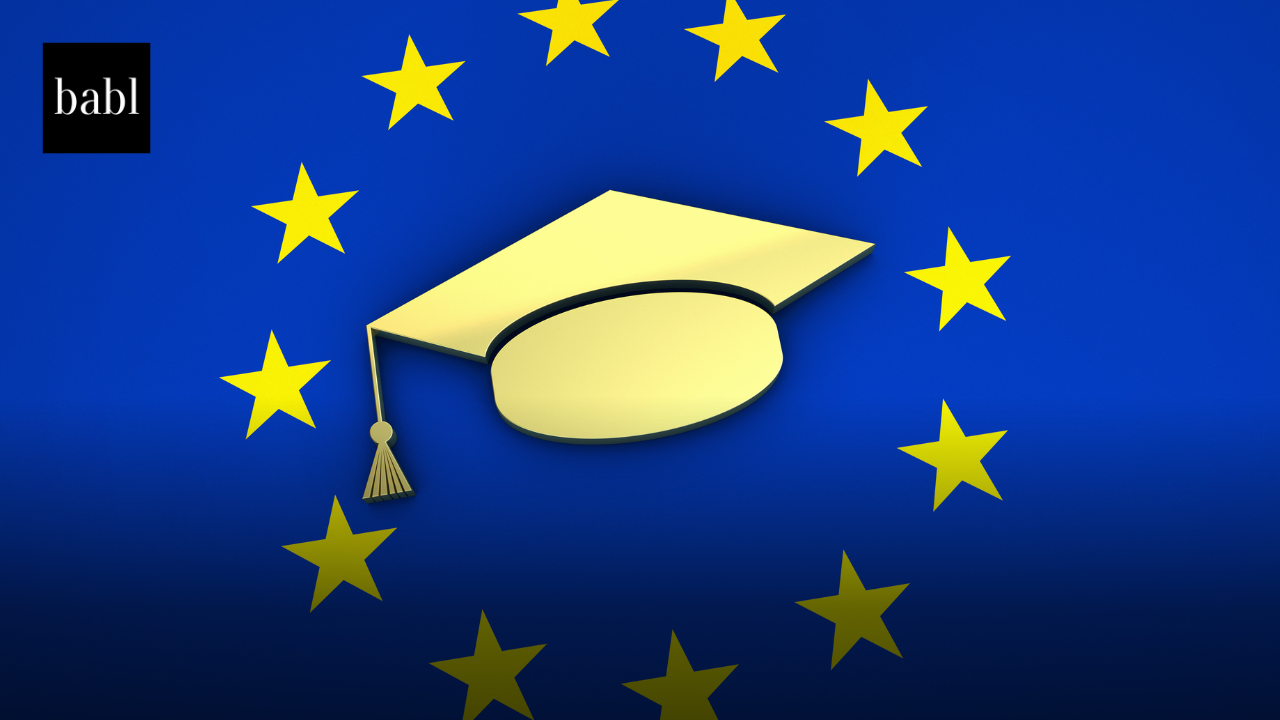In a significant step toward equipping the next generation with the skills needed for a world increasingly shaped by artificial intelligence, the Organization for Economic Cooperation and Development (OECD) and the European Commission have released a review draft of the AI Literacy Framework for Primary and Secondary Education. The framework—developed with support from Code.org and a network of international experts—is designed to guide schools in integrating AI literacy across classrooms, curricula, and communities.
Titled “Empowering Learners for the Age of AI”, the draft framework outlines the essential knowledge, skills, and attitudes students need to navigate, use, and shape AI technologies ethically and effectively. It builds on global initiatives, including the EU’s AI Act and Digital Education Action Plan 2021–2027, and will inform the 2029 PISA assessment on media and AI literacy.
The document organizes AI literacy into four practical domains: Engaging with AI, Creating with AI, Managing AI, and Designing AI. These domains are supported by 22 competences and illustrated through classroom scenarios for both primary and secondary education.
The authors argue that AI literacy is no longer optional. “As young people increasingly use AI in their everyday lives, they need clear guidance on what AI is, how it works, and how to use it responsibly,” the framework states. Nearly half of Gen Z youth report struggling to critically evaluate AI-generated information, according to a 2024 global survey.
More than just a technical skillset, the framework emphasizes ethics, inclusion, and social responsibility. Students are encouraged to question outputs, evaluate bias, and weigh environmental and societal impacts of AI use. A strong focus is placed on helping learners understand AI’s limitations and how it reflects human choices—particularly in areas such as training data, design, and deployment.
Educators play a central role in the framework’s vision. The draft provides foundational knowledge, pedagogical guidance, and scenarios that help teachers embed AI literacy in subjects from science to civics—even without access to advanced technologies.
The OECD and European Commission are inviting public feedback through online surveys and stakeholder events before releasing the final version in 2026. More information and a link to the draft are available at teachai.org/ailiteracy/review.
Need Help?
If you’re wondering how the European AI Literacy Framework, or any AI policies, bills or regulations could impact you, don’t hesitate to reach out to BABL AI. Their Audit Experts are ready to provide valuable assistance while answering your questions and concerns.





